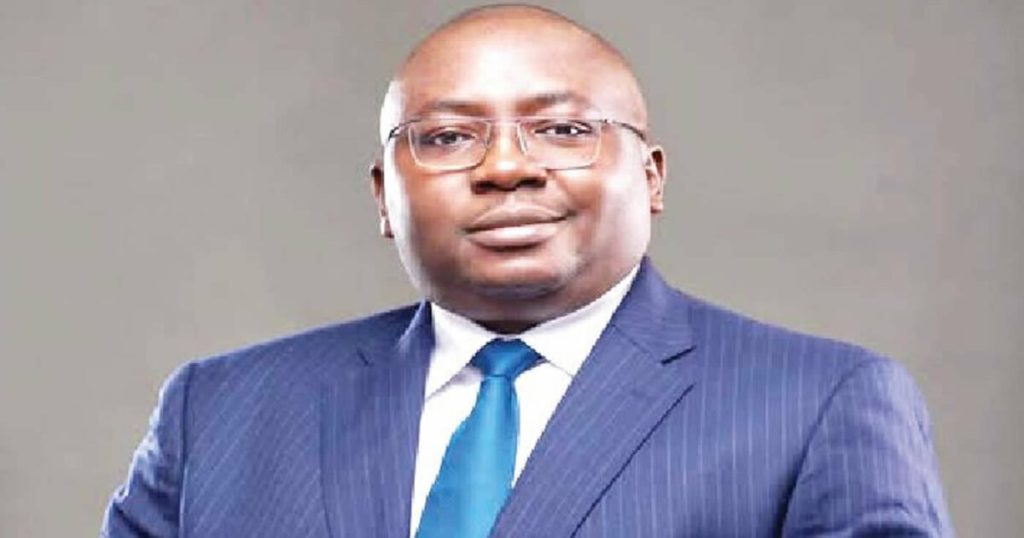Nigeria’s participation in the Ninth Tokyo International Conference on African Development (TICAD 9) in Yokohama, Japan, underscored the nation’s commitment to forging strategic international partnerships for sustainable development. President Bola Tinubu led the Nigerian delegation, emphasizing the country’s shift from planning to implementation, and from promises to tangible outcomes. The focus of Nigeria’s engagement at TICAD 9 centered on power, infrastructure, and industrial transformation as key drivers of economic growth and improved living standards. The conference served as a platform for Nigeria to secure crucial financial support and technical expertise from international partners, particularly Japan, to advance its ambitious development agenda.
A primary achievement of Nigeria’s participation in TICAD 9 was securing a $190 million loan facility from the Japan International Cooperation Agency (JICA) dedicated to expanding renewable energy access across underserved communities. This funding complements the recently launched $750 million World Bank Distributed Access through Renewable Energy Scale-up program, further solidifying Nigeria’s commitment to clean energy solutions and extending electricity access to millions of citizens. Minister of Power, Adebayo Adelabu, spearheaded engagements with key Japanese stakeholders, including Toshiba, Hitachi, Japan’s Transmission & Distribution Corporation, and Energy Exchange corporations, focusing on critical aspects of power sector development, such as transmission infrastructure upgrades, operational efficiency improvements, and strategies to minimize system losses.
Nigeria’s collaboration with JICA extends beyond renewable energy projects. Existing partnerships have resulted in significant infrastructure development, including the commissioning of three substations funded by a $32 million JICA grant in Apo (Federal Capital Territory), Keffi (Nasarawa State), and Apapa (Lagos State). These substations are strategically located to enhance power supply reliability to households, businesses, and vital industrial hubs like the Lagos Port and its surrounding areas. Furthermore, JICA’s support has facilitated the equipping of the National Power Training Institute of Nigeria (NAPTIN) with state-of-the-art training equipment in Abuja, bolstering the skills of distribution engineers and addressing network losses through capacity development.
The $190 million renewable energy loan from JICA builds on Nigeria’s existing collaboration with the agency, exemplified by the Federal Executive Council’s approval of counterpart funding exceeding ₦19 billion to leverage a $238 million JICA loan for national grid expansion. This expansion project encompasses the addition of over 200 kilometers of new transmission lines, six new substations, and extensions to existing substations, significantly enhancing the capacity and reach of the national grid. These investments aim to improve power transmission efficiency and facilitate greater access to electricity across the country.
Minister Adelabu, during a panel session at TICAD 9, articulated Nigeria’s current energy landscape, acknowledging the electricity access gap affecting a significant portion of the population. While recognizing that only 55-60% of Nigerians have access to electricity, often unreliable, he outlined the government’s dual approach of expanding grid access in urban centers while simultaneously promoting off-grid solutions, such as solar mini-grids and standalone systems, for rural and peri-urban communities. This multi-pronged strategy reflects Nigeria’s commitment to achieving universal access to electricity and addressing the unique energy needs of diverse communities.
In conclusion, Nigeria’s engagement at TICAD 9 demonstrated a proactive approach to securing international partnerships and financial support for crucial development priorities. The conference provided a platform for high-level discussions and agreements focusing on power sector development, infrastructure expansion, and industrial transformation. The $190 million renewable energy loan from JICA, alongside other ongoing collaborations, exemplifies the tangible outcomes of Nigeria’s strategic engagements at TICAD 9, paving the way for improved electricity access, enhanced grid infrastructure, and strengthened capacity within the power sector. These investments are pivotal to achieving sustainable development goals and improving the lives of millions of Nigerians.














